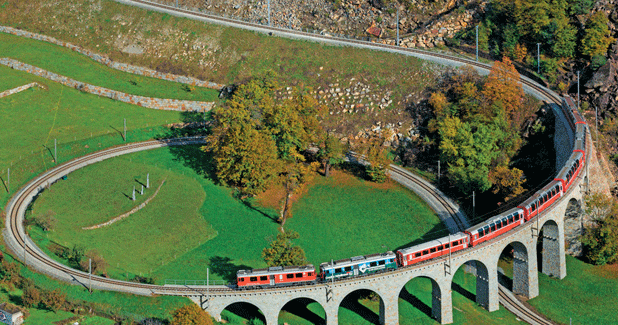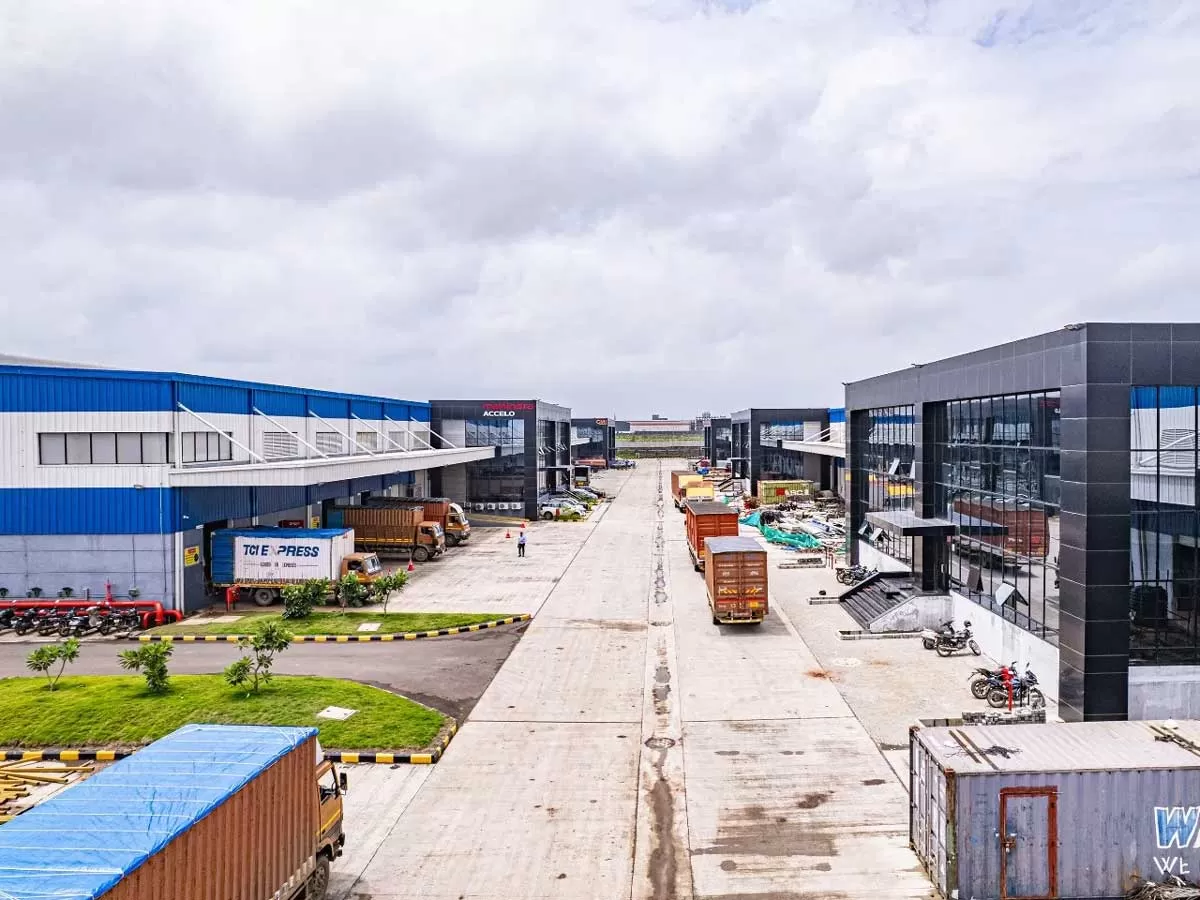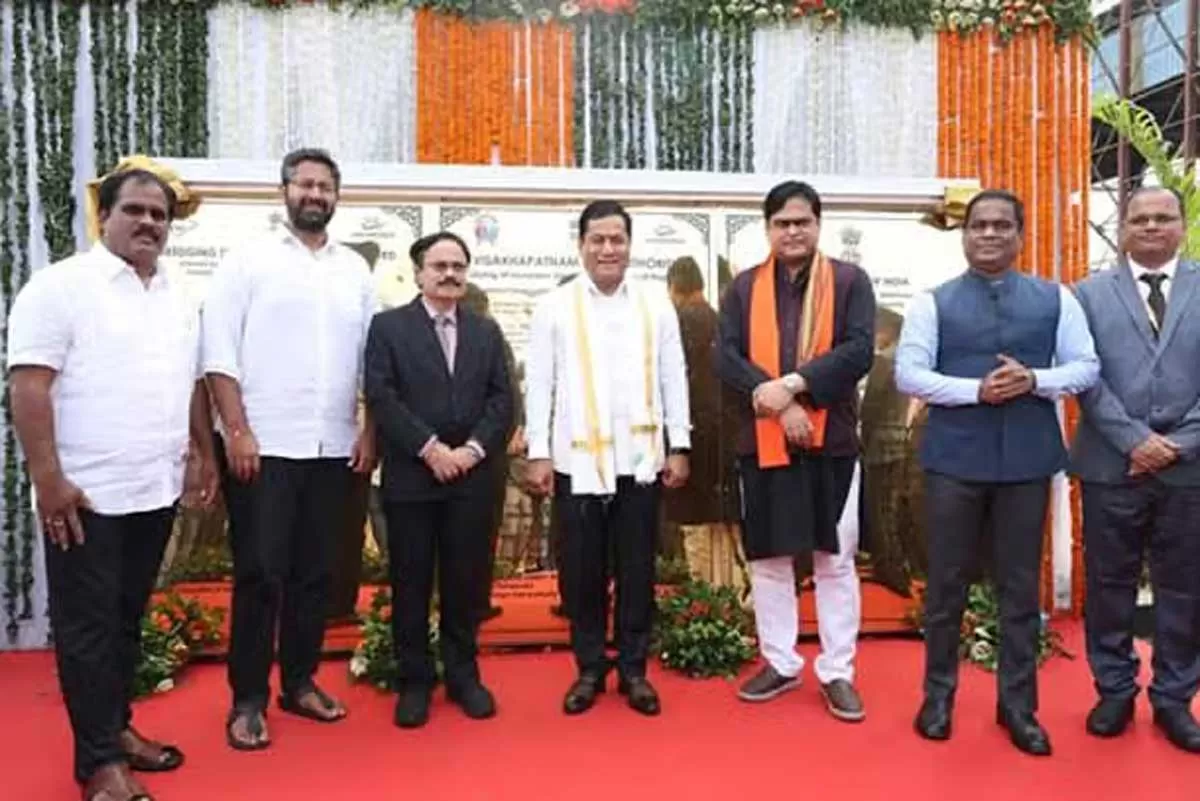-
Martin J Bienz, Consul General, Consulate General of Switzerland
A competitive and innovative country, Switzerland is always at the top of international rankings. And India continues to be an attractive destination for Swiss business with its large, domestic consumption-based economy, along with a strategic location to cater to other countries in the region. Referring to the potential bilateral benefit in the building and infrastructure space,
Martin J Bienz, Consul General, Consulate General of Switzerland, says, ´India has immense need for building and infrastructure development and Switzerland can invest and promote the expansion of its construction industry based on newest technologies and sustainable principals.ö He elaborated more on Indo-Swiss relation strengths, challenges and what´s required to strengthen the bond in conversation with
SHRIYAL SETHUMADHAVAN.
What emphasis does Switzerland place on India as a trade partner?
Trade relations between India and Switzerland have been long standing; they began in 1851. Volkart Brothers were trading partners with India who opened an office here in Mumbai and started trade between Europe and India. Then, in late 1915, the Swiss government opened this consulate in Mumbai. So this year, we are celebrating the 100th anniversary of official Swiss presence in India. Interestingly, we have a trade commission office, today, called the Swiss Business Hub India, which was established in Mumbai in 1940, thus celebrating the 75th anniversary of official presence in Mumbai this year.
Further, India is an important partner for Switzerland; one key reason is its membership in BRICS and G20. Thus, India enjoys a priority status in Switzerland´s foreign economic policy since 2005. We have established a joint economic commission where all bilateral economic issues are discussed on a regular basis and a financial dialogue is also institutionalised between both countries. And, while trade volumes have increased substantially in the past few years, Swiss exports to India have faced a slowdown. I see three basic reasons for this: the general economic framework, strengths of the Swiss francs, and many Swiss companies who used to export their goods or machines to India opening production here to manufacture Swiss machines in India. At the same time, Swiss imports from India have always gone up. This makes India an attractive destination for Swiss businesses. Also, owing to the country´s strategic location, we can cater to other countries from here as well.
Speaking of investments, it has been two way between both countries. Which sectors look most attractive?
One interesting market and need in India is manufacturing for goods. Considering this, we have acquired a lot of manufacturing industries in India and many big Swiss companies who are global players also have representatives in India.
There are 220 such companies in India and about 100,000 employees. So we are not just talking about manufacturing but services and other areas. Speaking of Switzerland, the country is centrally located in Europe as well. Hence, many Indian companies are attracted to invest in the country or open subsidiaries or an office in Switzerland. At present, there are several Indian companies in the field of ICT, biotech, pharma and R&D. Further, a trade and economic agreement between the European Free Trade Association and India is expected to be signed soon..
We hope so. The fact remains that we have a number of long-term negotiations and we are hopeful that the new government can make the signing of this agreement a reality in the near future. A free trade agreement always stimulates bilateral trade and investment. So, I am certain that in untapped industries like construction - where we have not formed long bonds yet there are a lot of possibilities and opportunities that could come about with the signing of the free trade agreement.
With over 200 Swiss companies in India and over 120 Indian firms in Switzerland, are there any success stories you could touch upon?
There are many success stories. All the big Swiss companies who have investments in India are very happy with their business. In the construction area, one success story will be that of a company called Steiner in Switzerland and HTC. HTC is an important stakeholder of Steiner in Switzerland. And Steiner has now established Steiner India, which is working in the building segment aggressively and successfully.
Several European countries have shown keenness in India´s smart cities programme. Are Swiss companies also eyeing this opportunity?
Switzerland has many companies with innovative technologies. Hence, many companies can add value and participate in this initiative with innovative technologies. Speaking of innovation, we recently launched ´Year of Swiss Innovation in India´ initiative. This was kicked off with a solar powered plane, Solar Impulse, landing in Ahmadabad and Varanasi-the first solar plane to fly around the world. This Year of Swiss Innovation in India will last until October 2016 and is coupled with many ideas, projects, meetings, seminars and road shows, which will include components including the smart city initiative.
Are there any other plans under this initiative you have already started work on?
The aim is to show the Swiss innovation spirit, especially in the context of doing business and investments. That is why many Indian companies are supporting us in this initiative of innovation. We will see what we can do to share experiences and promote exchanges in the fields of innovation and science and technology.
Speaking of solar power, what contributions can be expected to fulfil Prime Minister Narendra Modi´s vision of 100-GW solar capacity by 2022 in India?
In this context, Cleantech Switzerland has a lot to offer, and in different technologies. There are companies who are already present in the Indian market. We organised a Cleantech seminar in Pune last month where we show our capacities and offerings in the area of green energy. In the case of solar energy, there are different technologies one can speak of, such as production of green energy and hydel power. I also recently attended the opening of a Swiss company´s factory in Ahmedabad and they are maintaining the highest standards of energy-efficiency. So, this is how Swiss-based companies contribute. And for companies that are already present in India, they can bring in the latest Swiss technologies. Many of these are also manufactured in India. With Solar Impulse, for example, some components and bolts were manufactured in India in the Ahmedabad area and that´s why the city was chosen as one of the destinations where the plane would land.
How can Swiss companies contribute to the Make in India initiative?
The fact that many Swiss companies have invested here and transferred their manufacturing capacities to India shows that we have already started contributing to the Make in India initiative. But when you want to increase manufacturing facilities or capacities, you need skilled workers and skilled labour. In Switzerland, we have a unique system of dual educational and vocational training and I think we could share a lot with our Indian partners in this regard. Some Swiss companies have already launched their own initiatives to train their technical staff and employees according to Swiss systems and they plan to build an academy called ´Swiss Centre of Excellence´ in Pune. This is a substantial contribution to the Make in India initiative.
Is there any major upcoming project in Switzerland that could be an opportunity for Indian companies?
As we are still upgrading the rail network, there are some huge tunnels under construction to be announced to facilitate north and south transit.
Are both countries planning on any JVs or associations?
The most important is the Trade & Economic Agreement. We already have quite a substantial number of bilateral agreements signed between India and Switzerland. What is required is a boost in our economic exchange. Johann Schneider-Ammann, Swiss Minister for Economic Affairs, Education and Research, had paid an official visit to India in May with a high-ranking, high-profile business delegation and had talks here, in New Delhi and in Bengaluru on how we can increase our partnerships.
What are the existing challenges in the bilateral relationship and how can both countries overcome the same?
Market size is a big challenge. Switzerland is a relatively small market. While there are many opportunities, both countries are on a level where there is a solid partnership in both directions. As I said, when it comes to trade there are also substantial exports from India to Switzerland and we are on a good partnership level. Of course, another challenge is that business practices and languages are different and there are cultural differences as well. But these companies operate in different parts of the world. So, the experience of working with local companies exists. If a Swiss company comes to India or an Indian goes to Switzerland, they tie up with the local company and this ensures smooth operations.
Vital stats
- There are 220 Swiss manufacturing companies in India with about 100,000 employees.
- ´Year of Swiss Innovation in India´ initiative was recently launched, which will continue till 2016.
- Some Swiss companies plan to start the ´Swiss Centre of Excellence´ in Pune in a bid to contribute to the Make in India initiative.
- Upgradation of Swiss rail networks and tunnel construction offer big opportunities for Indian players.
Give us your feedback on feedback@ConstructionWorld.in























